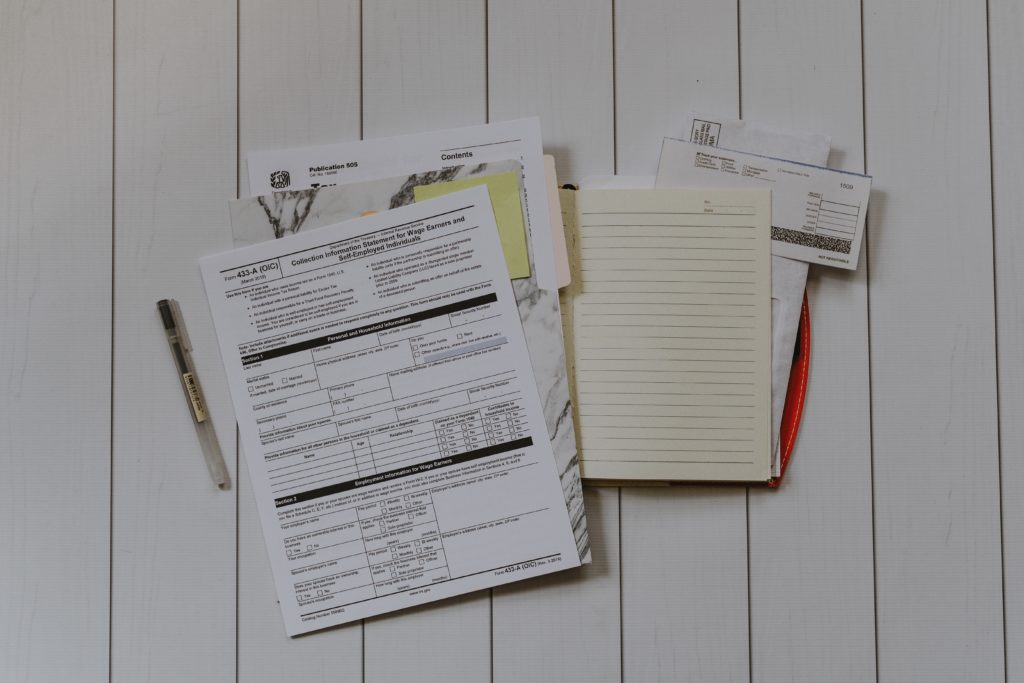
The California Board of Equalization (BOE) is tasked to the administration and collection of many non-income tax oriented taxes and fees for the state of California. Because many of these taxes and fees are an important part of the state revenue stream, enforcement of the collection of these fees is an important aspect of the BOE’s duties including a board of equalization audit.
Most of the fees and taxes the BOE administers are collected from businesses. Any small business owner doing business in California must make themselves aware of not only the types of taxes and fees they may be subject to, but also how the BOE may enforce the collection of those same fees through a board of equalization audit process.
Taxpayer accounts are generally subject to audits in three-year intervals, at the time a permit or license is closed out, or in connection with an audit of another permit or license held by the taxpayer/feepayers. An audit can also be initiated based on information provided by a third-party.
The BOE offers field audits, which can take place at a taxpayer’s place of business, the taxpayer’s accountant’s office, or at a BOE field office. In addition, there is also the self-audit, or Managed Audit Program (MAP). During this kind of audit, the taxpayer is required to find and provide documentation as required for the board of equalization audit to be completed.
Prior to the audit, the auditor assigned to complete the audit will attempt to contact the taxpayer via telephone. They will notify the taxpayer about the period of the audit (usually three years), ask about the business operations, and what type of business records will be required in order to complete the audit. Generally, the audit will be scheduled 2 to 3 weeks from the time of initial contact.
During an examination audit, the BOE may request an examination of many different financial records in order to determine if a taxpayer has been compliant in both recording their tax liabilities correctly, as well as the payment of those same liabilities. This can include examination of all income statements, balance sheets, general ledgers, and federal/state tax returns. In addition, the original documents that pertain to business operations, such as bank statements, invoices, and cash register receipts may also be examined to tie to the financial documentation that is used in determining tax liability. All records are required to be provided per California law. It is also recommended that all businesses maintain their business records for state purposes for at least 4 years.
Using this documentation, the auditor will analyze the information collected to see if a business is meeting the guidelines of the collection of the tax or fee. For example, a few of the audit objectives for Sales and Use Tax Audits ask:
- Did the taxpayer report all gross receipts from the sale of the tangible personal property and taxable labor and services?
- Did the taxpayer report the costs of all business equipment and supplies that you purchased without tax either from out-of-state or for resale for your business or personal use?
- Were deductions claimed properly?
After the audit examination has been concluded, the BOE auditor will schedule an exit conference with the taxpayer in order to go over the findings of the audit, and explain any proposed additional fees or taxes to be imposed, or in some cases, additional refunds due. If the taxpayer disagrees with the finding of the audit, they have the option to discuss the findings with the audit supervisor, and if still in disagreement, to have a more formal discussion with a BOE representative.
If you are a taxpayer that is subject to paying one of the many fees and taxes that the BOE administers, it is important that you are well aware of the record-keeping process required for determining your tax liability. A qualified tax attorney can be useful and making sure your business is compliant in filing and paying your business taxes and fees. Feel free to contact our San Diego, Beverly Hills, or Irvine tax attorneys to help you through this audit process at 619-595-1655.

Leave a Reply